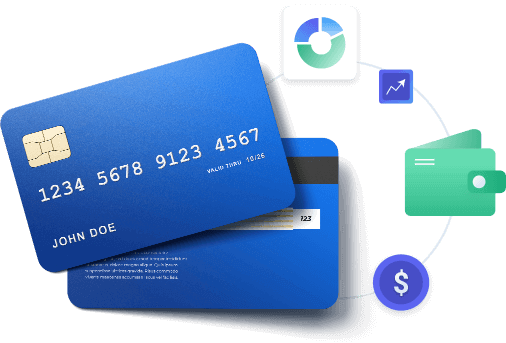From freeing up cash for your new projects to locking in cheaper repayment terms, a refinance and home equity loan can save you money, and we have some great borrowing options for you.

All Loans

Auto Loans

Debt Consolidation Loans
Home Equity Loans

Personal Loans

Small Business Loans

Student Loans
From freeing up cash for your new projects to locking in cheaper repayment terms, a refinance and home equity loan can save you money, and we have some great borrowing options for you.
Take advantage of these calculators to help you choose the best online money lenders.
Make informed decisions about home financing options. Calculate your ideal down payment, understand loan repayment schedules with our amortization calculator, and explore FHA loan options with ease.
$0
The investment return after 1 year is:Home equity loans, also known as mortgage equity loans, equity loans, or a second mortgage, allow you to get cash against the equity you have built up on your home. The loan amount you can get is based on the difference between the current market value of your home and the balance due on your mortgage. Home equity loans generally have fixed-rate interest, i.e., the interest rate will be the same for the entire loan term.
Principally, your home equity loan can be compared to a standard mortgage; thus, it is also known as a second mortgage. The equity in your home will serve as your collateral. The amount that you can borrow is partially based on your CLTV or combined loan-to-value ratio, which is 80-90% of the appraised value of your home. The loan amount and the interest rate you will pay depend primarily on your payment history and credit score.
When considering a refinance and home equity loan, remember that refinancing replaces your existing mortgage with a new loan. In contrast, a home equity loan adds a second, separate debt to your home. Both options use your home’s equity but serve different financial strategies.
Getting a home/mortgage equity loan is the best way of converting the equity you have built up in your home into ready cash. You can invest the cash for home improvements, which will in turn also enhance the market value of your property. However, be aware that if the overall real estate values drop, you may find yourself owing more money on your home than the subsequent reduced value of your home.
There are several options, including refinance and home equity loans, to fund essential repairs, renovations, and to add value to your lifelong investment: your cherished home.
Yes. Neither an equity loan nor a refinance and home equity loan can bar you from selling your home because it still belongs to you. Use the proceeds to pay off the loan balance.
A cash-out refinance and home equity loan allows you to liquidate your equity in the home to meet your financial needs. Choose from among the incredible offerings featured on LendMeMoney.com and ask for an itemized list of all lending fees before committing to any lender.
Overall, let the math lead. Weigh the interest rates, closing costs, and other fees against your need for money, capacity to repay, and the equity amassed. The goal is to fully meet your financial needs at the lowest cost possible.